Earlier this year, I went through the process of getting my Overseas Citizen of India (OCI) card. Since India doesn’t recognize dual citizenship, every former Indian national, on acquiring the citizenship of another country, has to go through a painful process of first “renouncing” his/her citizenship (you actually have to apply for and receive a “renunciation certificate”).
Then, once you have that, you have three choices; travel to India on a regular tourist visa when you need to, become a Person of Indian Origin (PIO), which basically gives you a 15-year visa, or get your OCI, which is a lifelong visa. Since the OCI is cheaper than the PIO, and it’s a lifelong visa, I decided to get that.
And after much paperwork was sent in and processed (real, dead tree kind of paper), I received it.
It’s a neat little booklet, kind of like a mini-passport. But what struck me when I received it was that, much like my old Indian passport, the OCI card also has a field for my “father/legal guardian.”
I’m 41.
In five days, I will have been married for 12 years.
I run my own business, do our household accounts, etc. etc.
Yet the Government of India needs to know who my father/legal guardian is.
There are many great things about my native country, but this inability to recognize that women of legal age, healthy earning ability, sound mind, and body, don’t need a legal guardian – even if on paper – is not one of them.
That independence is one of the greatest gifts I’ve been given by the United States of America.
Happy 4th of July.
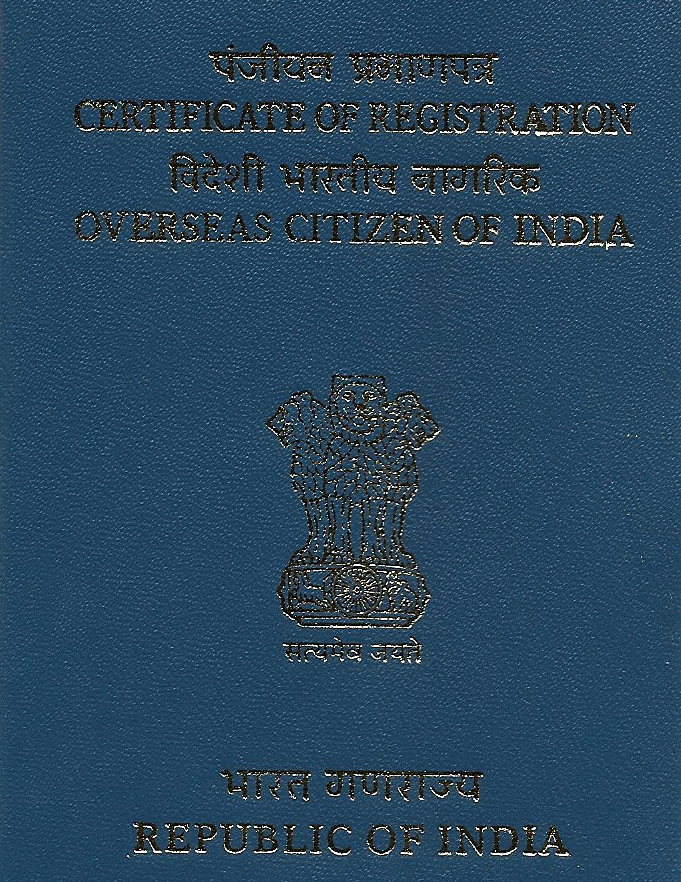

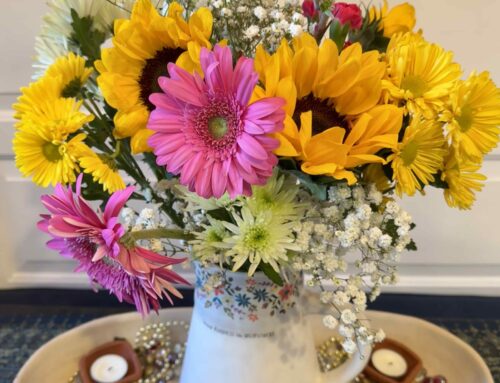


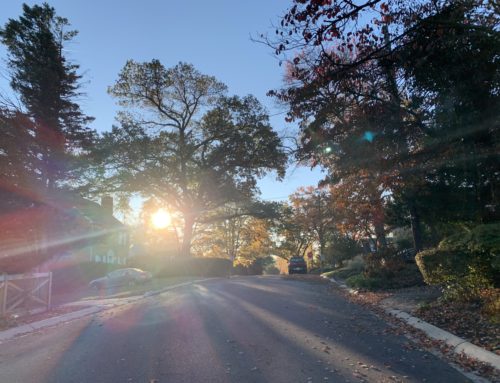
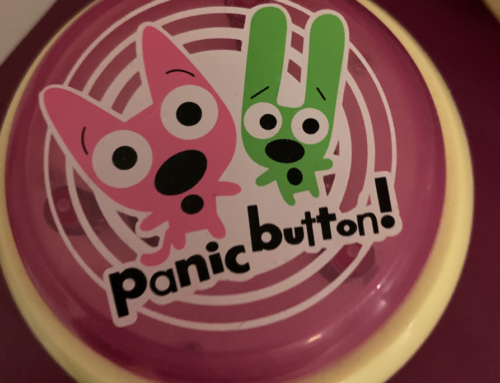

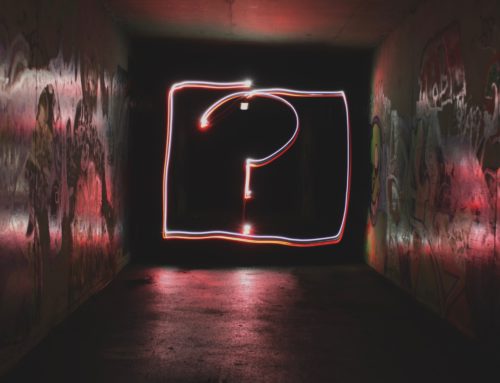
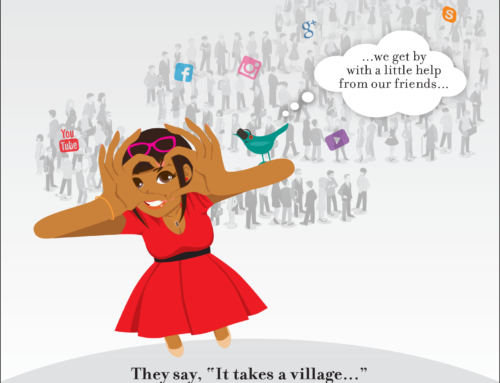
[…] example, I am, by at least one definition, a 1st-generation American, since I’m a naturalized citizen. I don’t call myself “Indian” any more, but an American “originally from […]
[…] free, but of all that I have, that gives me the freedom to do the work I want and not have to do; to be where I want and not have to be; to be with who I want and not have to […]
[…] became a U.S. citizen on March 19, 2008; many years after the terror attacks that would shape a generation. But it was on Sept. 11, 2001, […]
@KensViews Wouldn’t it be great if we could have representation without taxation?!
@cristerdelacruz Well, thank you! I’ll have to write more of them, then. :)
@shonali Either way, I love the reading international experiences you share on your blog :)
@CristerDelacruz Hmm, no – I’d be an expat in India, but definitely not here.
@bdorman264 @HowieSPM You did good!
@Shonali Great 4th; you just knew your house might not be the same if you left the keys to door w/ @HowieSPM and I. We’ll try to have it cleaned up by the time you get back.
@shonali Well, I guess technically, you’re not an expat here (or do you consider yourself one?)
@shonali You’re so welcome. I love reading about your expat in the US experiences :)
@voxoptima @jocmbarnett @cristerdelacruz @girlygrizzly @martinwaxman Belated thanks for sharing my 4th of July post. :)
Clearly you’ve learned one of the earliest and most important lessons in American history: No taxation without representation!
@HowieSPM I kinda like the idea of being from Hell’s Kitchen NYC… scaring everyone off. You know, the interesting thing about India is that women have played a huge role in its culture, mythology, even politics – there are still some very strong matriarchal societies there. So it’s ironic to me that there is also this “other” perception of/way women are treated. So contradictory. @bdorman264
@bdorman264 I’m going to try; I was peeking at email today and couldn’t NOT reply to such nice comments. Did you have a good 4th? Thanks for taking the time to stop by, my friend. I will be back at your place once I’m *back*…
@girlygrizzly LOL, no need to be sorry, we can use all the laughs we can get! @TheJackB
@TheJackB LOL! I think @ExtremelyAvg has a thing for prime numbers too.
Hey – SG were my maiden initials!
@girlygrizzly Oh, what a nice thing to say. I’ll try. :) And happy belated Independence Day to you!
@mdbarber And belated Independence greetings to you! It still amazes me how much opportunity there is in this country. I’m not saying it doesn’t exist elsewhere, but it’s almost palpable here. Amazing.
@KenMueller One of the things that always amazed me after I moved to the US – and still does, sometimes – is how polarized people are from a political point of view. I remember being at an IABC-related dinner some years ago, and it was a small group. There were people there who had differing views, and it was right around the time of the election; in fact, I think it was the night of, or just before, the Biden/Palin debate. Obviously it was difficult to avoid that as a conversation topic, but after a while I suggested that we try to talk about other things. No one would and it started becoming very uncomfortable. There’s a time and place for everything, including political conversations!
Belated 4th greetings, Ken – hope you had a great one!
@ParkRidgeDDS What a nice thing to say. Thank you, and I hope to *see* you often!
@KensViews Belated thanks, Ken! I hope you had a great 4th. You know, it took me a long time to decide to get my US citizenship – not because I had anything against becoming a US citizen, but because I’m very proud of being from India and all that it stands for. However, chances are that I will spend a significant part of my life in this country, if not all of it… and given that I’ve been paying taxes here for a decade now, I should have a say in how it runs, eh? ;)
@KenMueller@shonaliburke I am a new to your blog but, I can see that this is going to be a very fine place to stop. I loved this post’s perspective. Thank you!
@HowieSPM @Shonali@skypulsemedia See what happens when you leave Howie and I in charge? I really do think we can get the stains out of the carpet, but will have to bring someone else to fix the broken glass in the door. I told Howie you can not microwave Chef Boy R Dee spaghetti in can……..
@TheJackB (OMG!! Hands over mouth, eyes wide with glee!) I just opened the comment update and read this and had to tell you!! “******” does that sometimes!! OMG! That is so funny, and so sad! Lesson acknowledged. Thank you for the fist smile I’ve had today on the web. (shew.) Thanks, I needed that! (Sorry, @Shonali !) ~Amber-Lee p.s. have a fab and safe weekend!
41 is a good age- you are a prime number. That aside, if it were me I’d make up the name of a person as my legal guardian. But then again I sometimes sign checks as Barak Obama, Ghandi and Scribbled Gibberish. BTW, that is the name I like to use, Scribbled Gibberish for no other reason than no one reads. I keep waiting for someone to look at my signature and refuse it.
@bdorman264 @skypulsemedia no I said @shonali was from hells kitchen NYC….uhm or cheers where people know your name. We do take for granted many freedoms here even though plenty are technically recent history like equal rights or women’s sufferage compared to ancient cultures like India. The funny thing in the US is depending on which side of the political spectrum you are determines when you claim infringement of freedoms. And the funny or not so funny side of that is we have the right to bitch, moan, complain, object no matter what side we are on. When I see what happens in other countries I cherish that freedom dearly.
Question is how does India handle Aliens from the andromeda galaxy who have kids born in india?
What; you are Indian? I thought skypulsemedia said you were from Georgia………:)
We do enjoy freedom much more so than many countries and not to be taken for granted. As you know, some cultures are steeped in tradition, not necessarily big on human rights, and very slow to change.
Thanks so much for sharing and hope you enjoy your week off.
Shonali
This is beautiful. Thank you, and Happy Independence Day. @KenMueller and @mdbarber summed it up nicely in response, so I’ll just say thank you for sharing this. Hopefully it will remind us all what we do have.
Be safe and keep writing for us! ~Amber-Lee
Happy Independence Day (a day early) my friend. Thanks for a well-written reminder that we need to be ever grateful for what we have. We must not squander what we have. In the case of the freedoms and structure we enjoy in the US…the grass isn’t greener on the other side.
I love that perspective. Those of us who grew up here tend not to appreciate what we have. We either go the jingoistic flag-waving route of uber-Patriotism, or tend to go the other direction and find reasons to criticize our country for various policies, etc. I think those sorts of reactions are reactionary and polarizing.
We need to listen and learn to those around us who weren’t born here, but have chosen to live here for a variety of reasons.
Thanks, Shonali!
Shonali, we’re so proud and honored that you’ve chosen to become a citizen of the United States of America. I imagine that you value what this country has to offer more than some who grew up here, who don’t realize that the rights we enjoy are not enjoyed worldwide. Happy Independence Day!